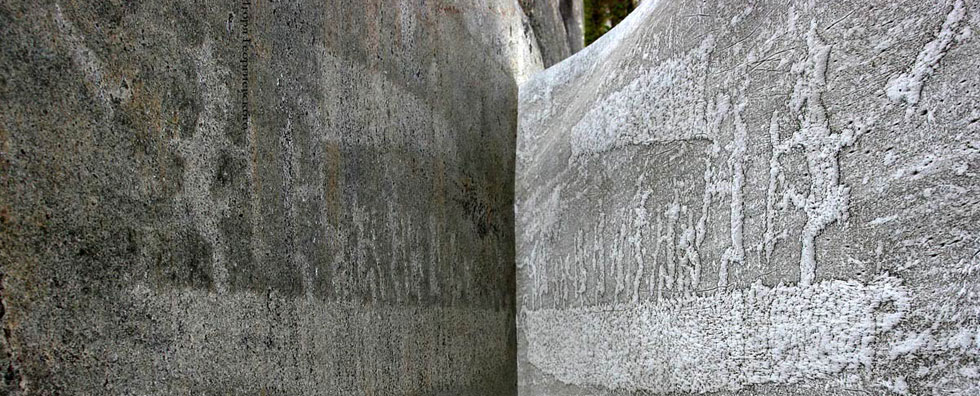
Issue №3, Vol. 14
Popikov P., Druchinin D., Sherstyukov N. Methods of modeling forest soil in interaction with the attachments of forest machinery // Resources and Technology. 2017. №3, Vol. 14. P. 1‒12.
DOI: 10.15393/j2.art.2017.3881
Methods of modeling forest soil in interaction with the attachments of forest machinery
| Popikov Petr Ivanovich | Voronezh State University of Forestry and Technologies named after G.F. Morozov, popikovpetr@yandex.ru |
| Druchinin Denis Yurievich | Voronezh State University of Forestry and Technologies named after G.F. Morozov, druchinin.denis@rambler.ru |
| Sherstyukov Nikita Aleksandrovich | Voronezh State University of Forestry and Technologies named after G.F. Morozov, nikita.sherstyukov@gmail.com |
|
Key words: soil medium attachment interaction simulation finite element method spherical element |
Summary: The developed technique of the structurally complex forest soil and vegetation community mathematical description is presented on the basis of the finite element method within the framework of modeling the work of forest tillage aggregates. The soil is thus represented in the form of spherical-shaped elements interacting in a certain way with each other, as well as with the working surfaces of forest machines. It was noted that the interaction of soil particles is viscoelastic. An algorithm for calculating the forces of action of elements on each other is presented, depending on the distance of the arrangement. Composed equations of motion describing the change in the dynamic state of the soil over time are presented. Movement of spherical elements within the framework of the mathematical model is considered in a rectangular parallelepiped with specified dimensions. The authors noted the possibility of modeling the interaction of the forest machines attachments with the soil environment, including, in particular, the roots of plants, which are represented by a set of spherical elements located in a geometric region that represents the cylindrical upper part of the root system that smoothly passes into the roots of a conical shape. The initial allocation of the particles that make up the root of the plant is done by placing a certain number of base points along the axial lines with an equal step. |
Displays: 2477; Downloads: 2303;




